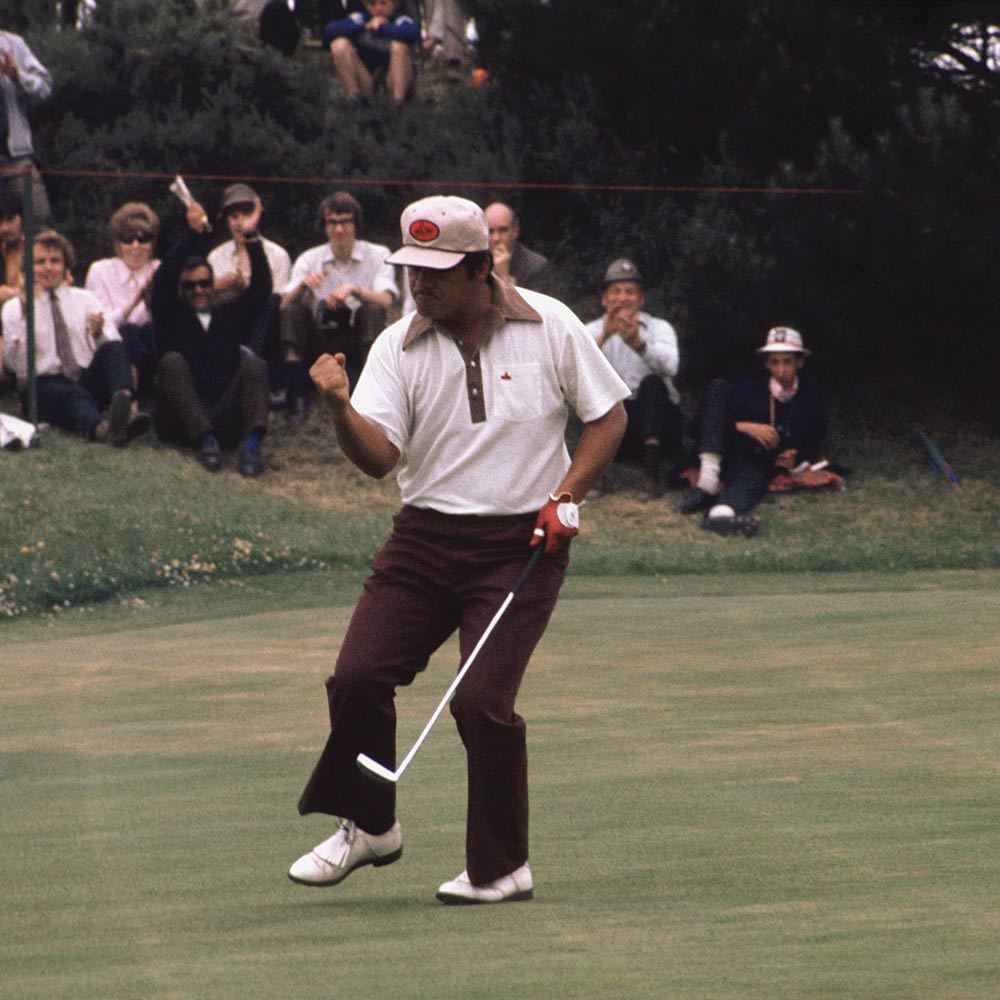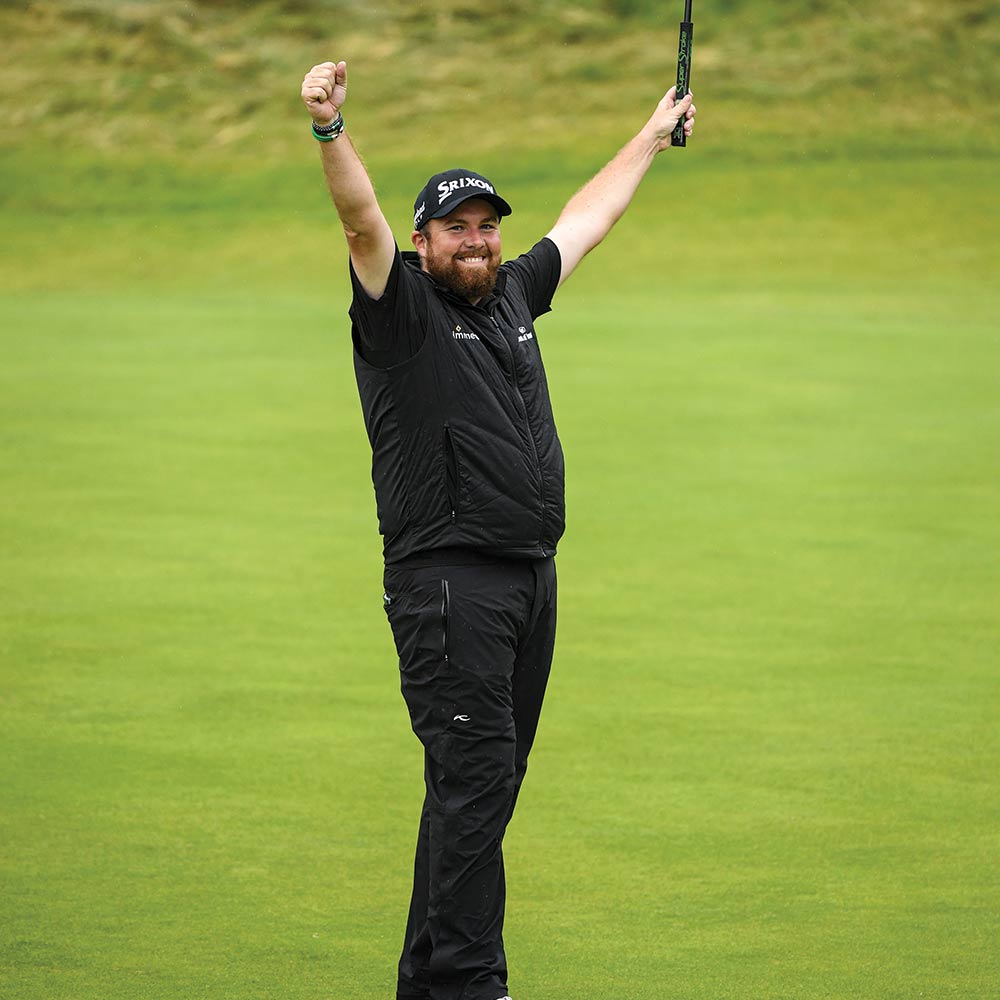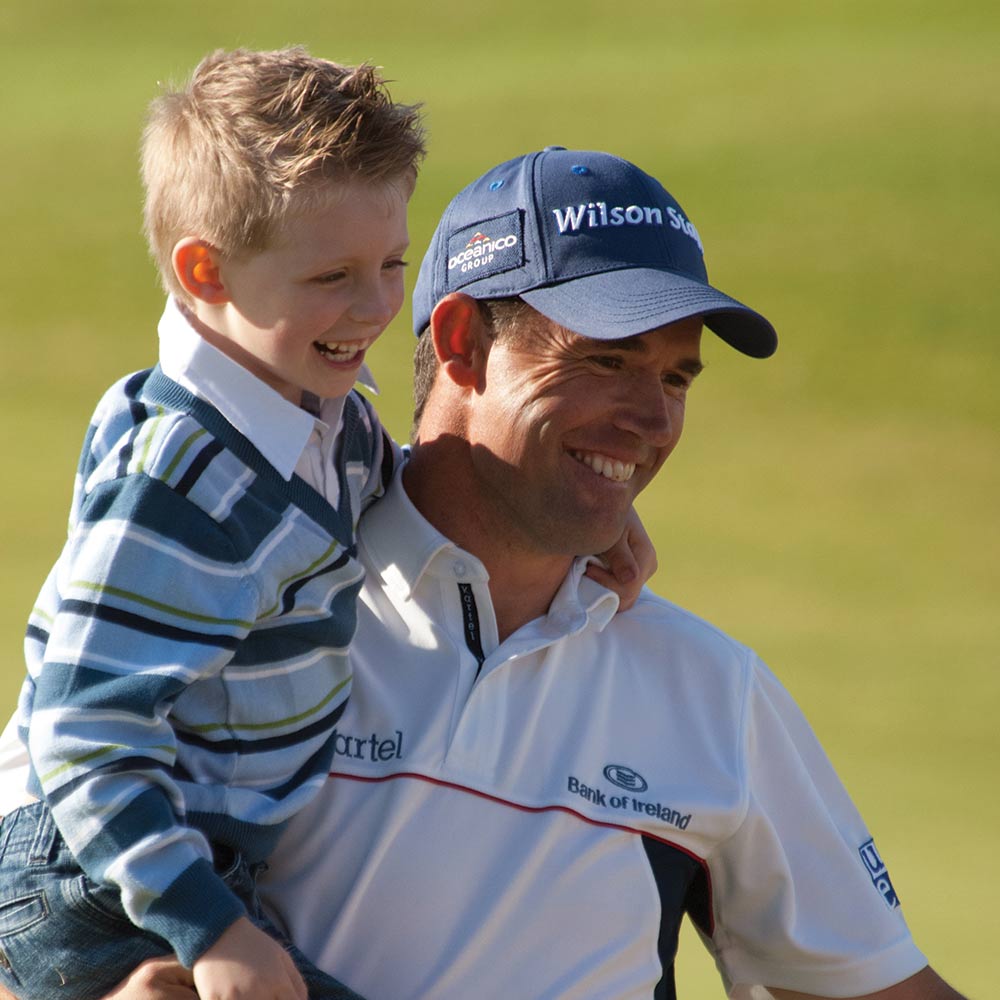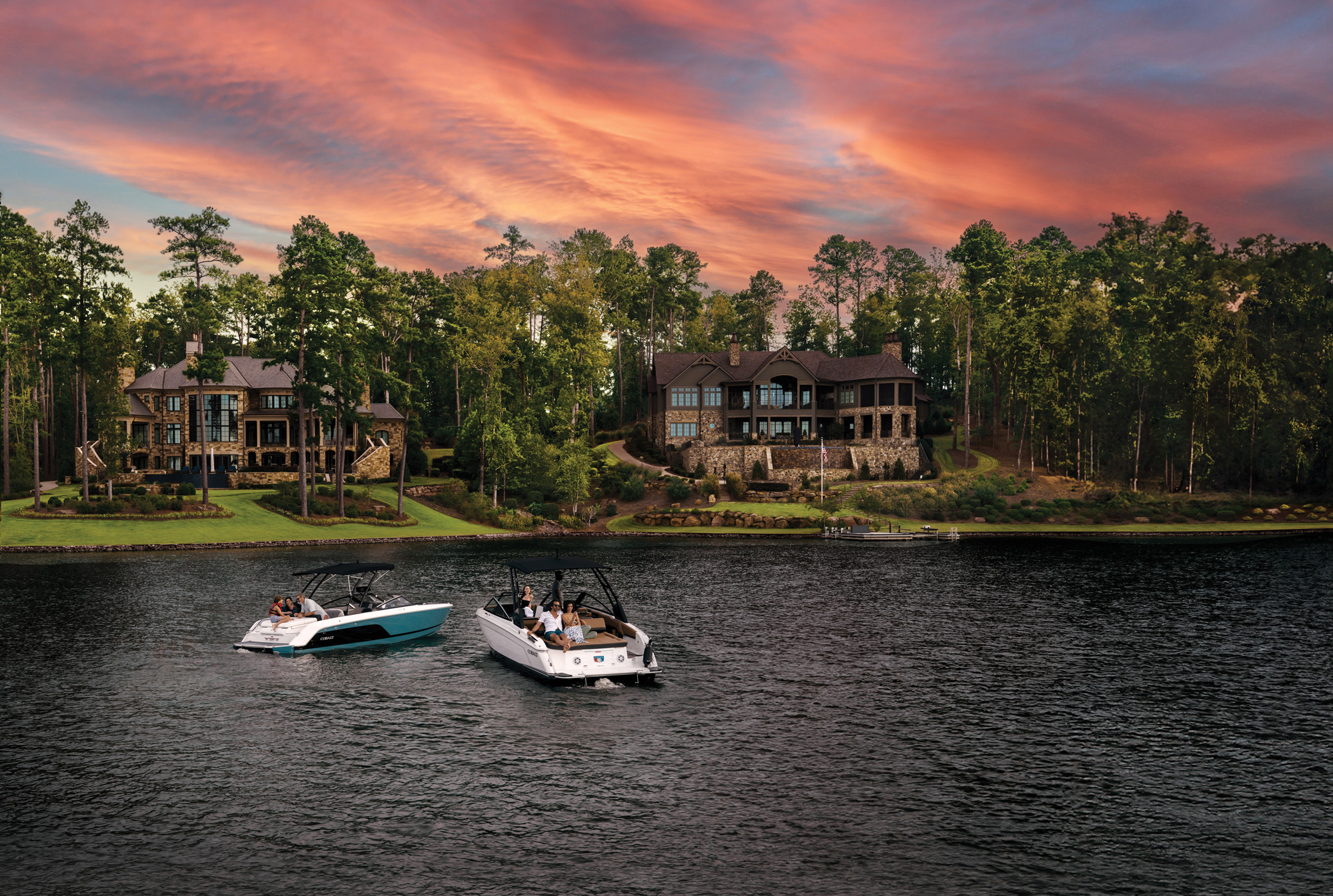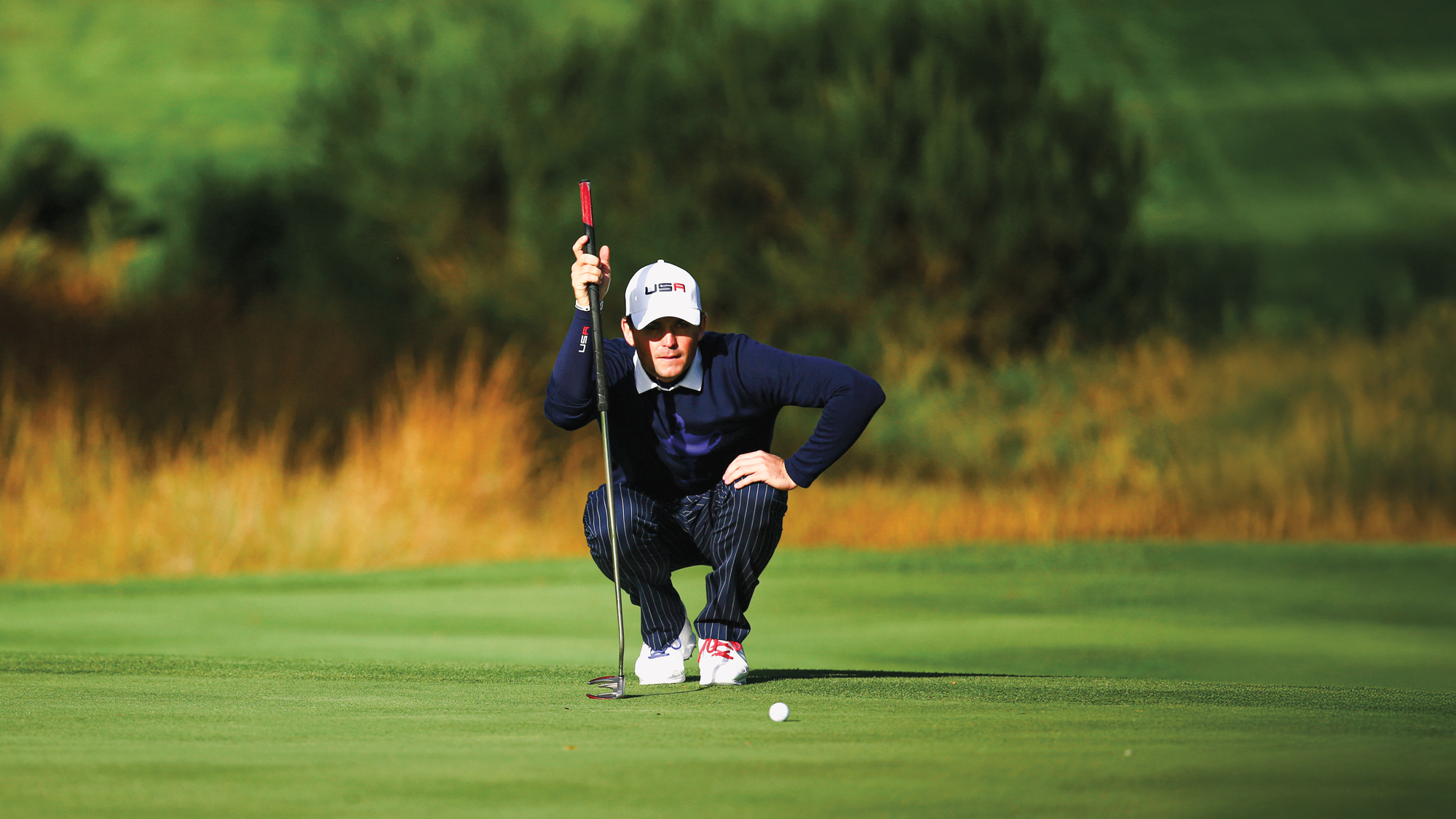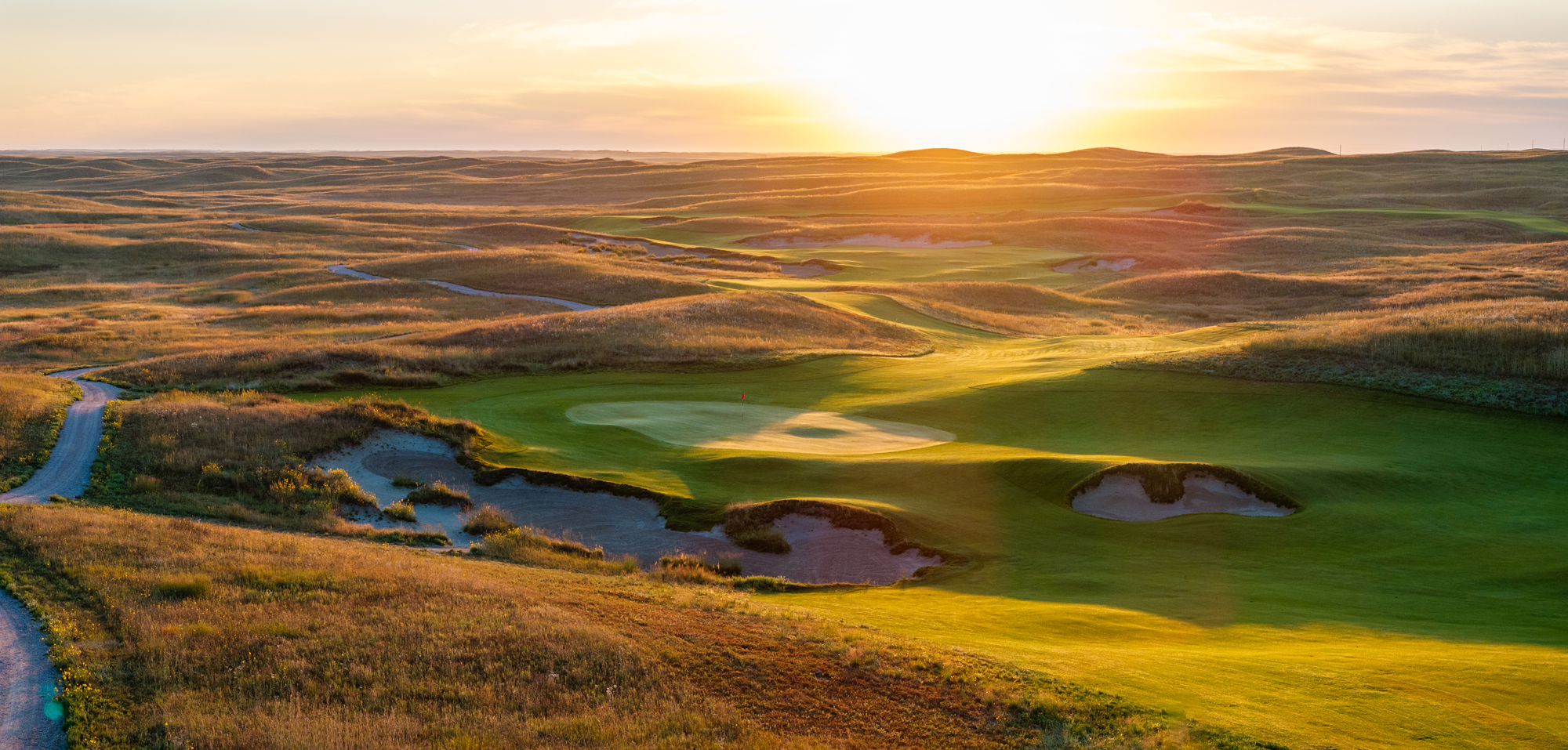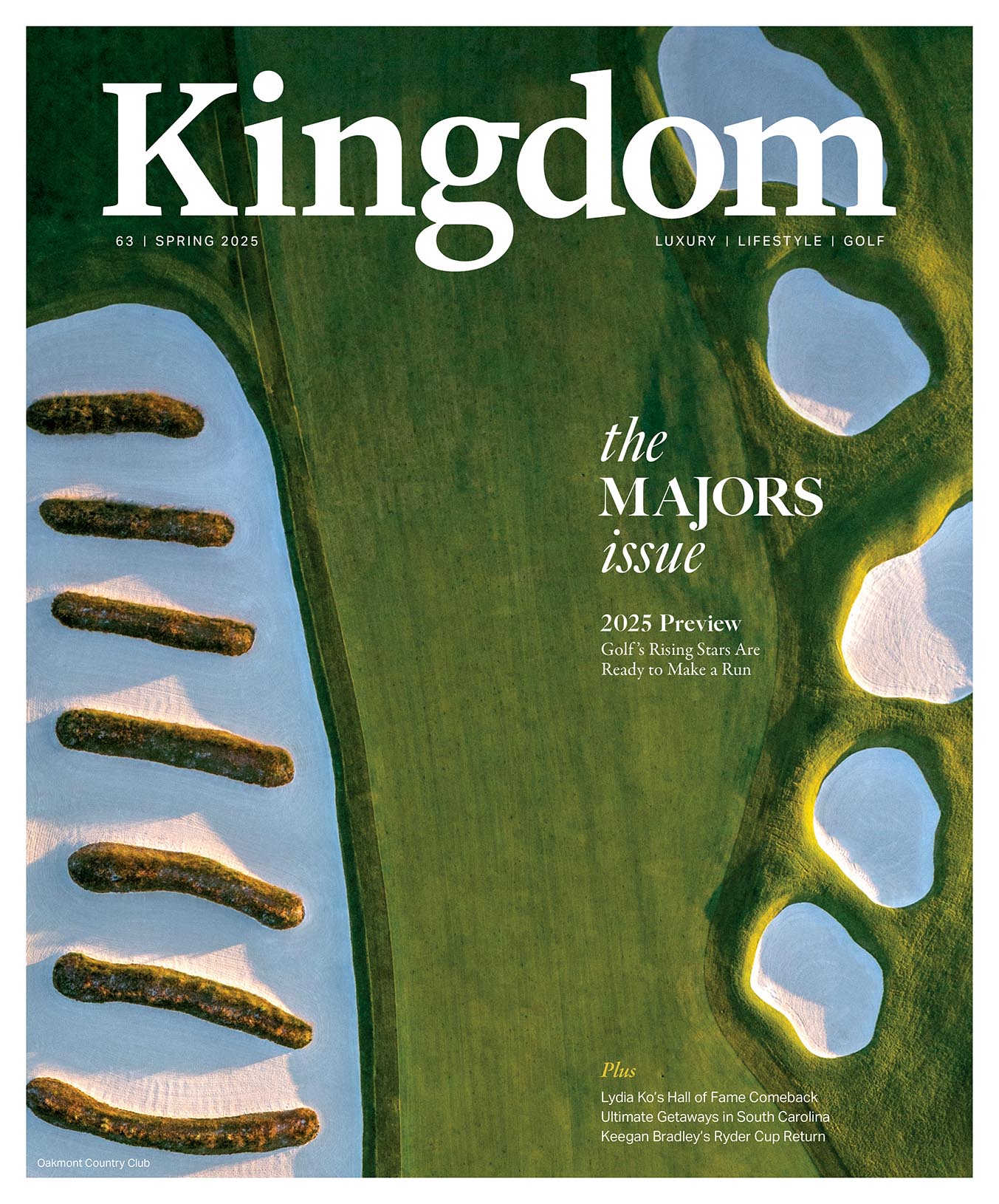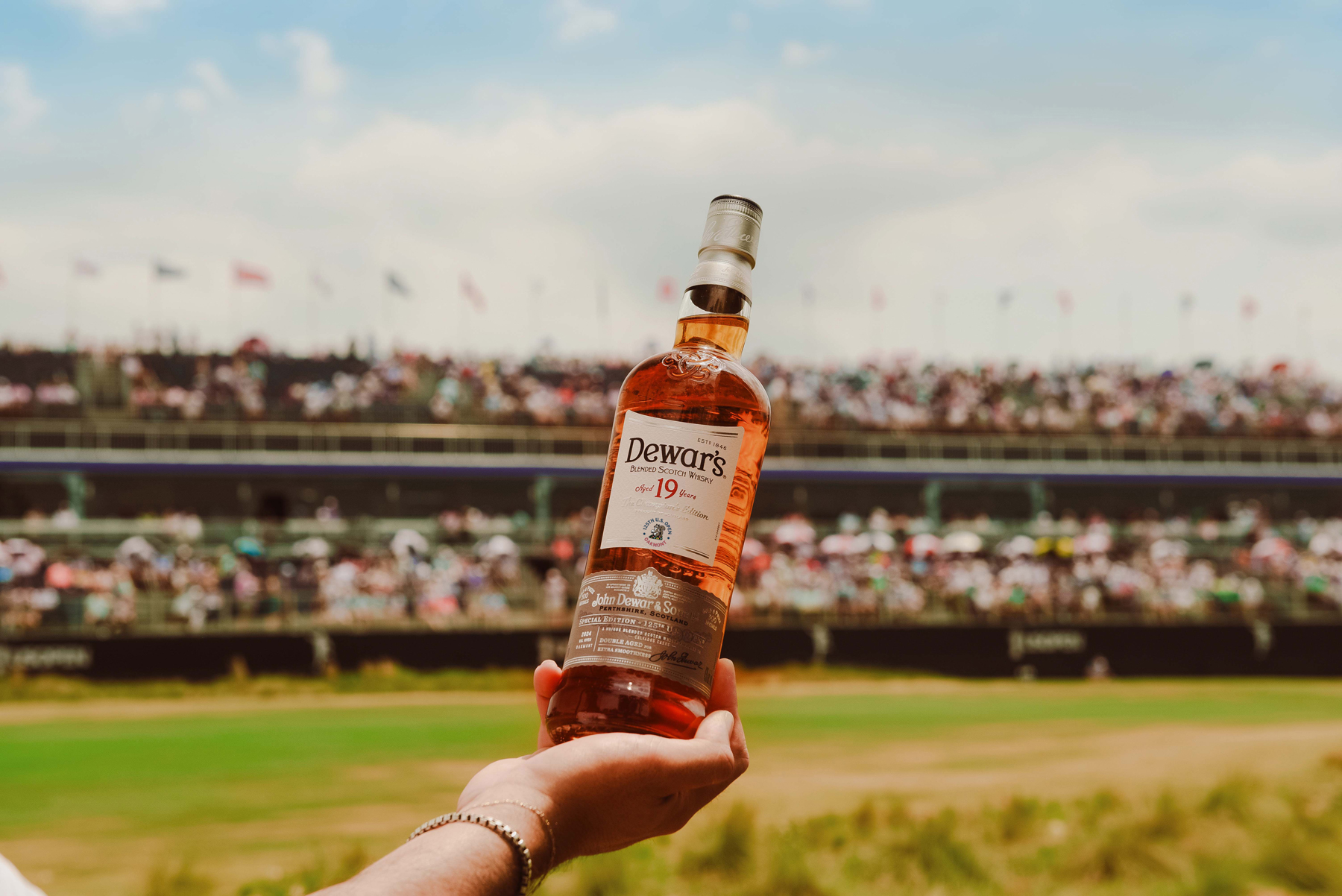
On his first appearance, in 1960
“My first glimpse of St Andrews one afternoon the following week wasn’t exactly the religious experience I’d hoped for. To tell the truth, the sight of the Old Course links didn’t exactly overwhelm me with fear. In fact, I thought it was probably as easy a golf course as I’d ever seen. Of course, this is exactly what most Americans think the first time they lay eyes on the place.
…As I discovered, though, it’s only after successive rounds at the Old Course that you begin to realize the subtle brilliance and high degree of difficulty the most famous golf course on earth throws at you. Bob Jones wasn’t particularly impressed by the course his first time around it, either, but he eventually became such a devoted student of the course that he compared it then to a ‘wise old lady, whimsically tolerant of my impatience, but ready to reveal the secrets of her complex being, if I would only take trouble to study and learn.’
I couldn’t put it any better than that. Study and learn. That’s exactly what you have to do to try to prevent the Old Course from beating you.”





